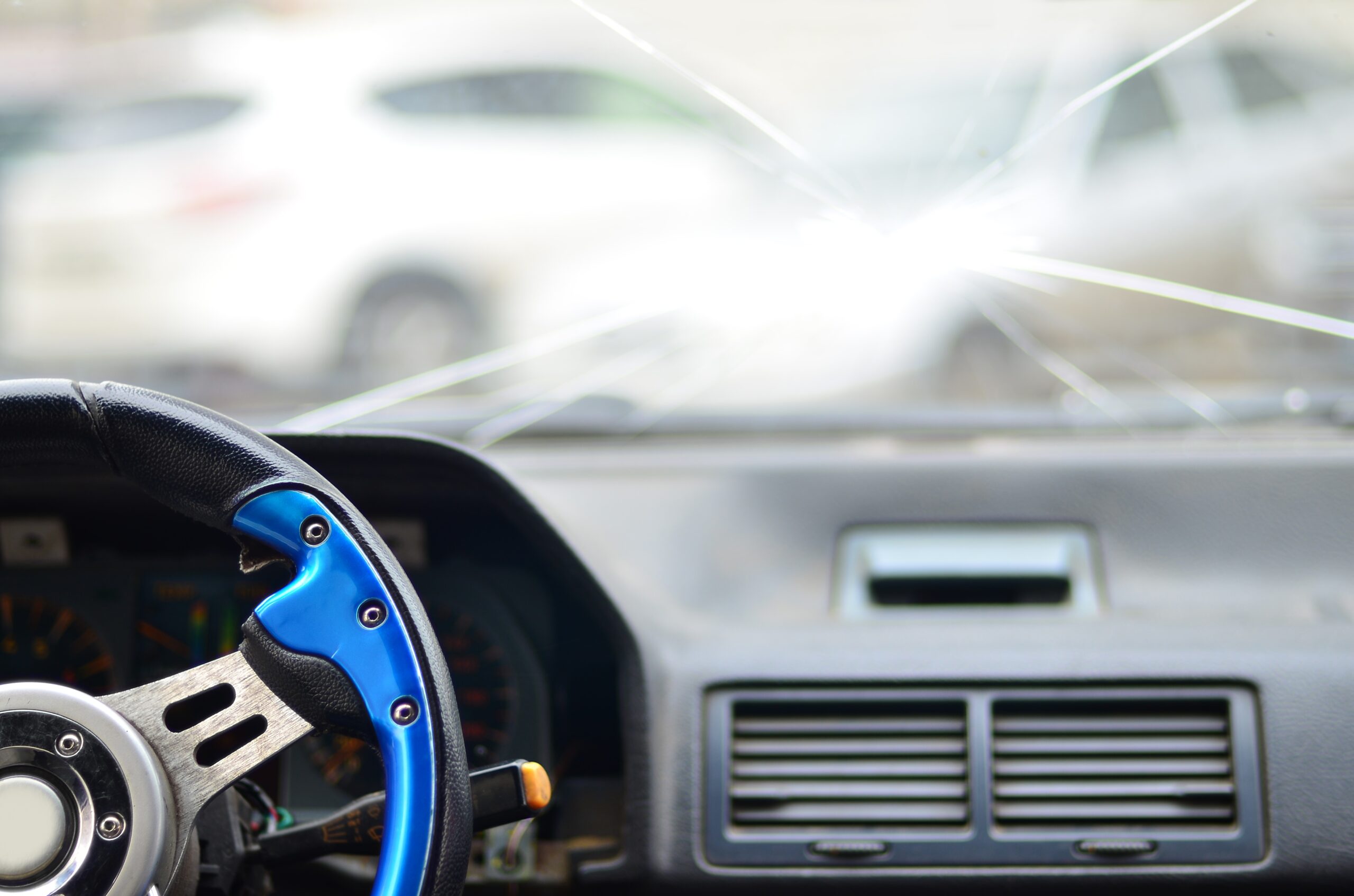Insurance is one purchase that most people buy with the hope that they’ll never have to use it.
However, accidents do happen. Car accidents are a common occurrence on the road, and it’s only a matter of time before you find yourself involved in a collision.
In this guide, we’ll walk you through the important steps of what to do after a car accident to make the claims process quicker and easier.
What To Do After a Car Accident That’s Not Your Fault
Because of Florida’s No Fault system, if you’ve sustained injuries in the accident, the immediate steps to take after a car accident are roughly the same no matter who is to blame for the crash.
Under Florida law, drivers turn to their own auto insurance policies to cover medical bills first. This allows the claims process to go much quicker, as neither party has to spend time providing proof that they were not at fault.
When it comes to damage to your car after an accident that was not your fault, you’d want to file a claim with the at-fault driver’s insurance carrier. Property Damage Liability is part of car insurance coverage, and it covers damages to another person’s car or property.
If that driver does not have PDL coverage or doesn’t have enough to cover your damages, you can then file a claim with your insurance to cover the rest.
This is where uninsured motorist coverage is extremely important. You will have to pay your collision deductible, but in some cases you may be able to get that reimbursed after the fact.
What To Do After a Car Accident
Very few people get behind the wheel expecting to be in an accident. As a result, they are often overwhelmed and confused by what to do next.
While the circumstances of your car accident may differ from others, here’s a list of what to do after a car accident to ensure that nothing important is overlooked.
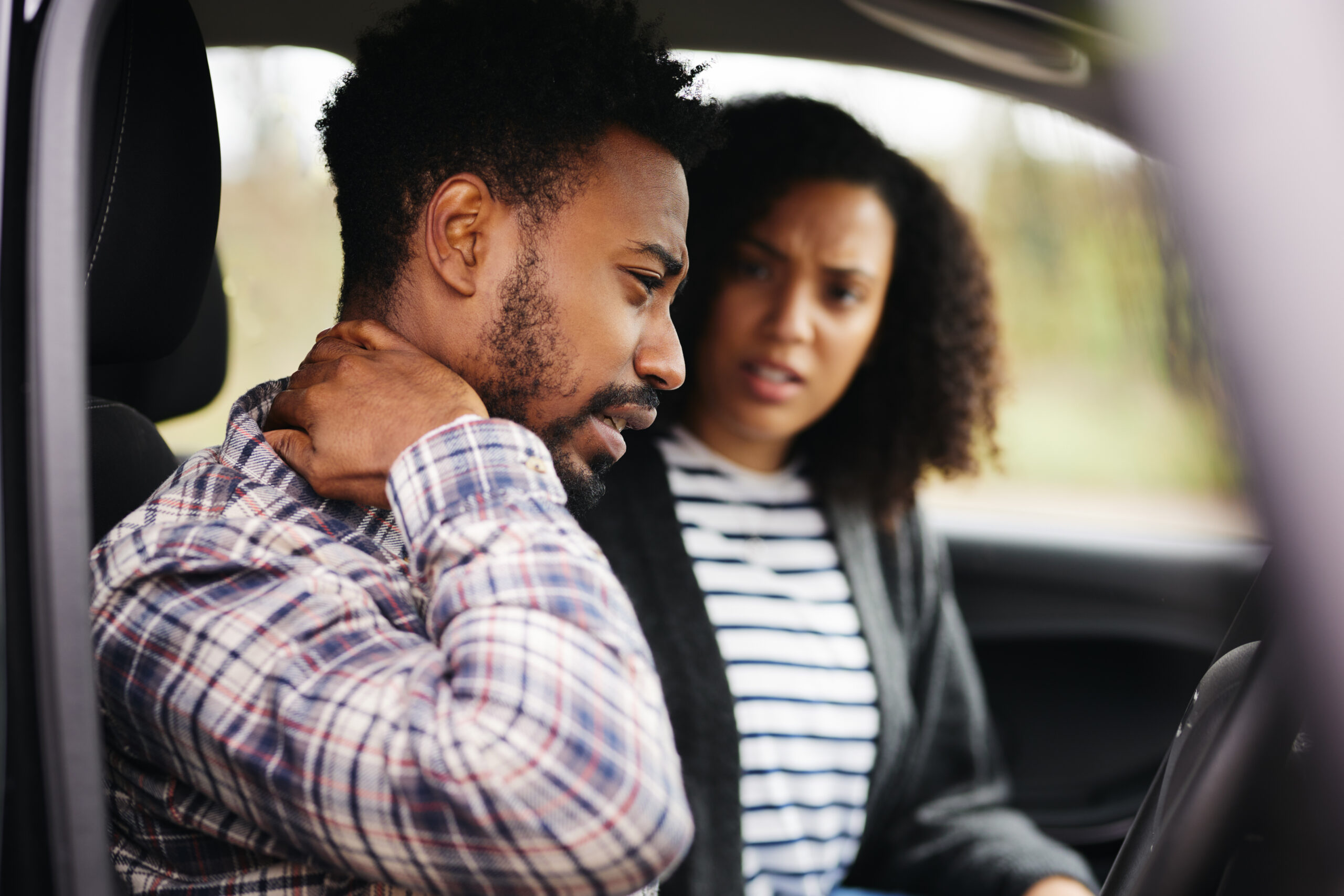
1. Check For Injuries
No matter how minor the accident appears, check yourself and any passengers for injuries, but keep in mind that some injuries will not show symptoms right away due to the adrenaline in your system following the crash.
If emergency medical attention is needed, call 911 immediately.
2. Get To Safety
If there are no serious injuries (and it is safe to do so), move your vehicle to the side of the road. Florida law requires you to make “every reasonable effort” to move accident vehicles so that they don’t restrict the flow of traffic.
If you were injured in the crash, do not move vehicles until law enforcement instructs you.
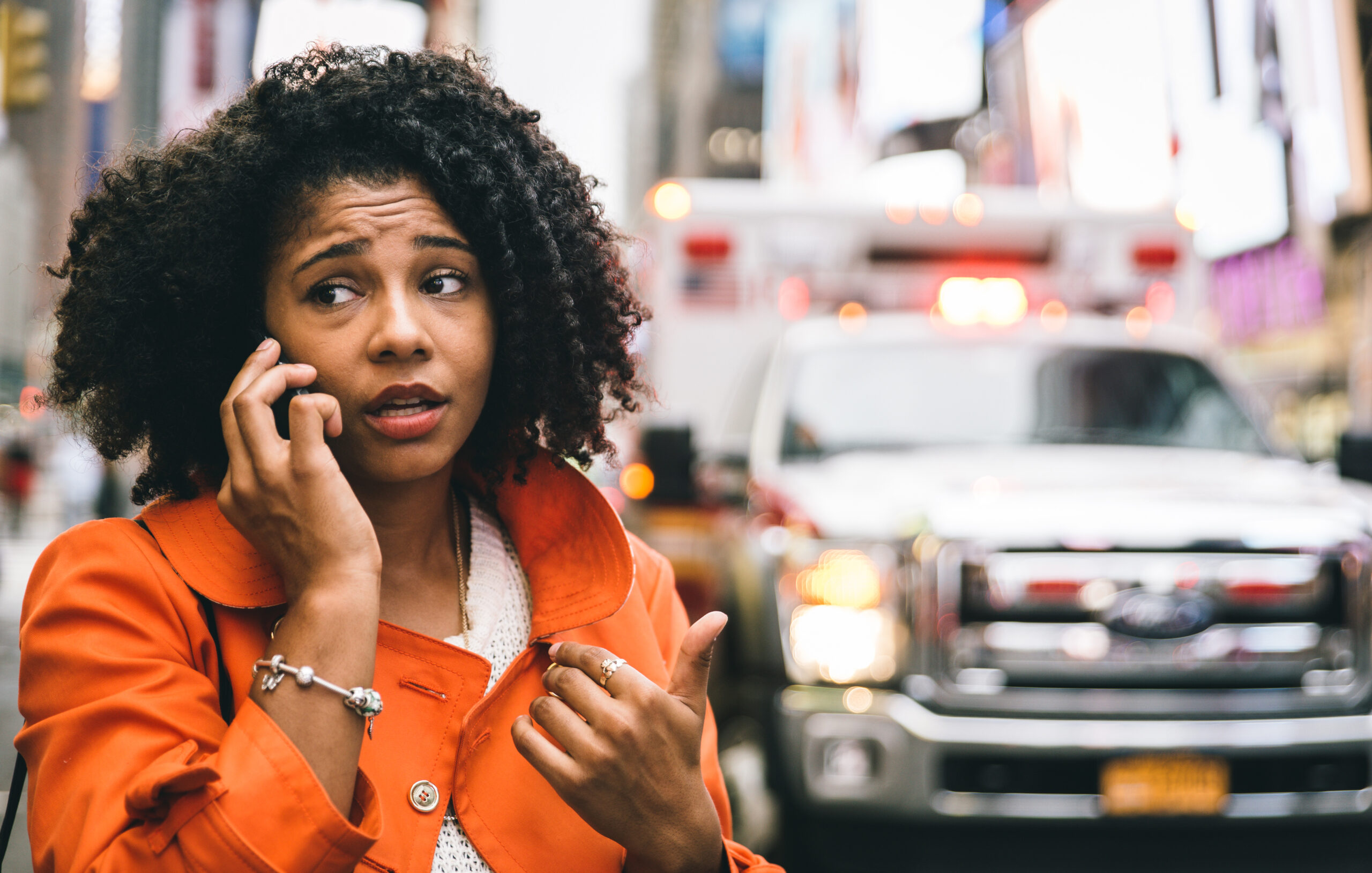
3. Report the Accident
If emergency services are not needed, call the police to report the accident. In most cases, police officers will be dispatched to the scene of the accident to gather information and create a detailed report of the crash.
4. Exchange Contact Information
Exchange phone numbers and insurance information with any other drivers involved in the accident. If possible, take a picture of the other party’s drivers license, registration, and insurance.
If there are any other witnesses willing to make a statement, exchange contact information with them as well.
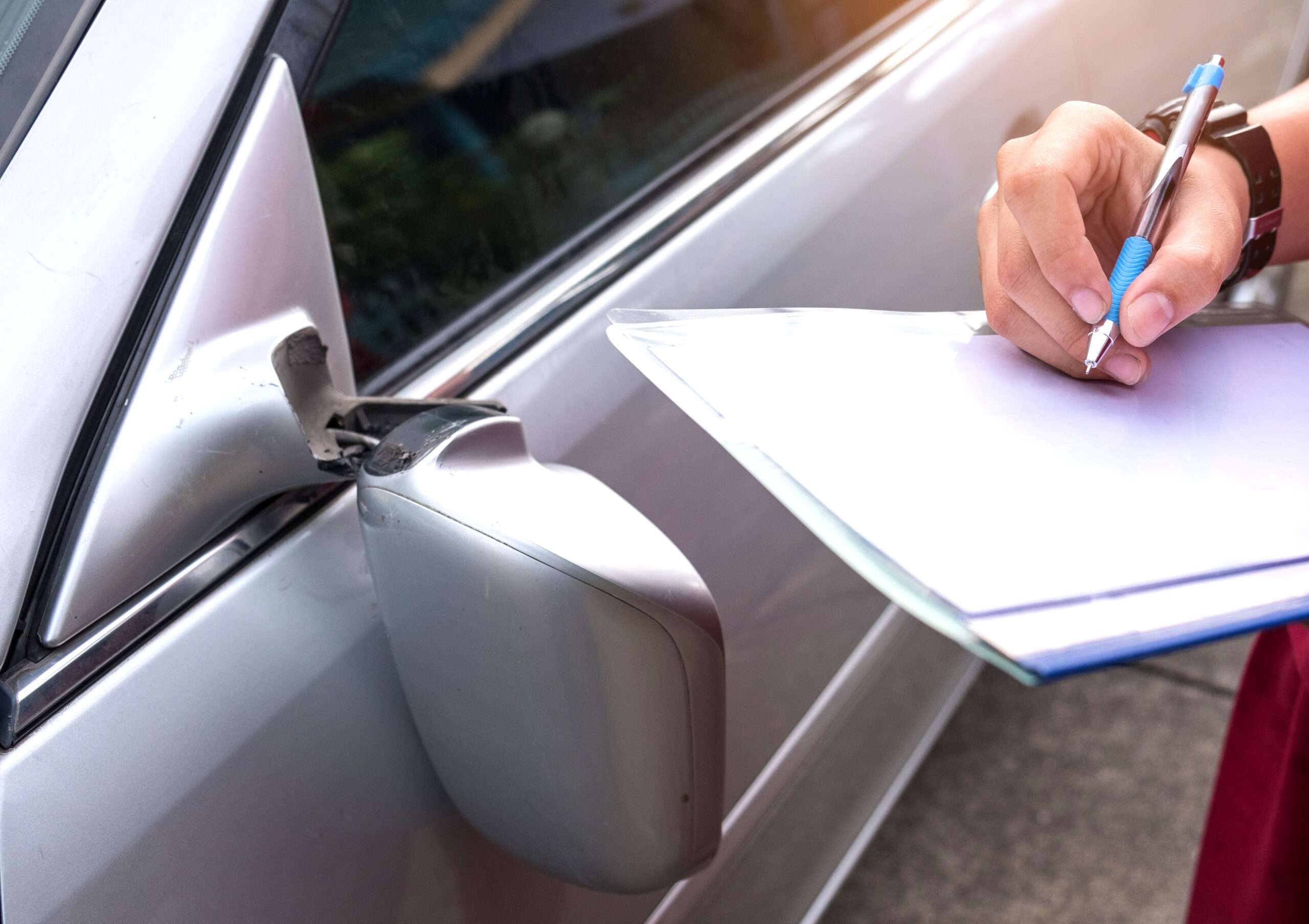
5. Document the Accident
Take care to document as much of the scene as possible. Take photos and/or video of the surrounding area, making note of the direction you were traveling, speed of both cars, and any additional factors that contributed to the crash.
If possible, take photos and/or video before the vehicles are moved.
Documenting the accident as soon as possible not only creates a more accurate record, it captures certain conditions that may not be present later. For example, the weather at the time of the accident and even the angle of the sun may end up playing an important role in your case if you happen to find yourself in the middle of a lawsuit.
6. File a Claim
Always file a claim with your insurance company after a motor vehicle accident!
Car crashes are different from other insurance claims. The risk of injury—particularly an injury that is not immediately obvious—as well as the cost of car repair can take a huge financial toll.
Turning to your insurance is not only the best way to get reimbursement for medical bills, lost wages, and repair costs, it’s often the only way. Check with your insurance agent if you have questions about what is covered under your policy.
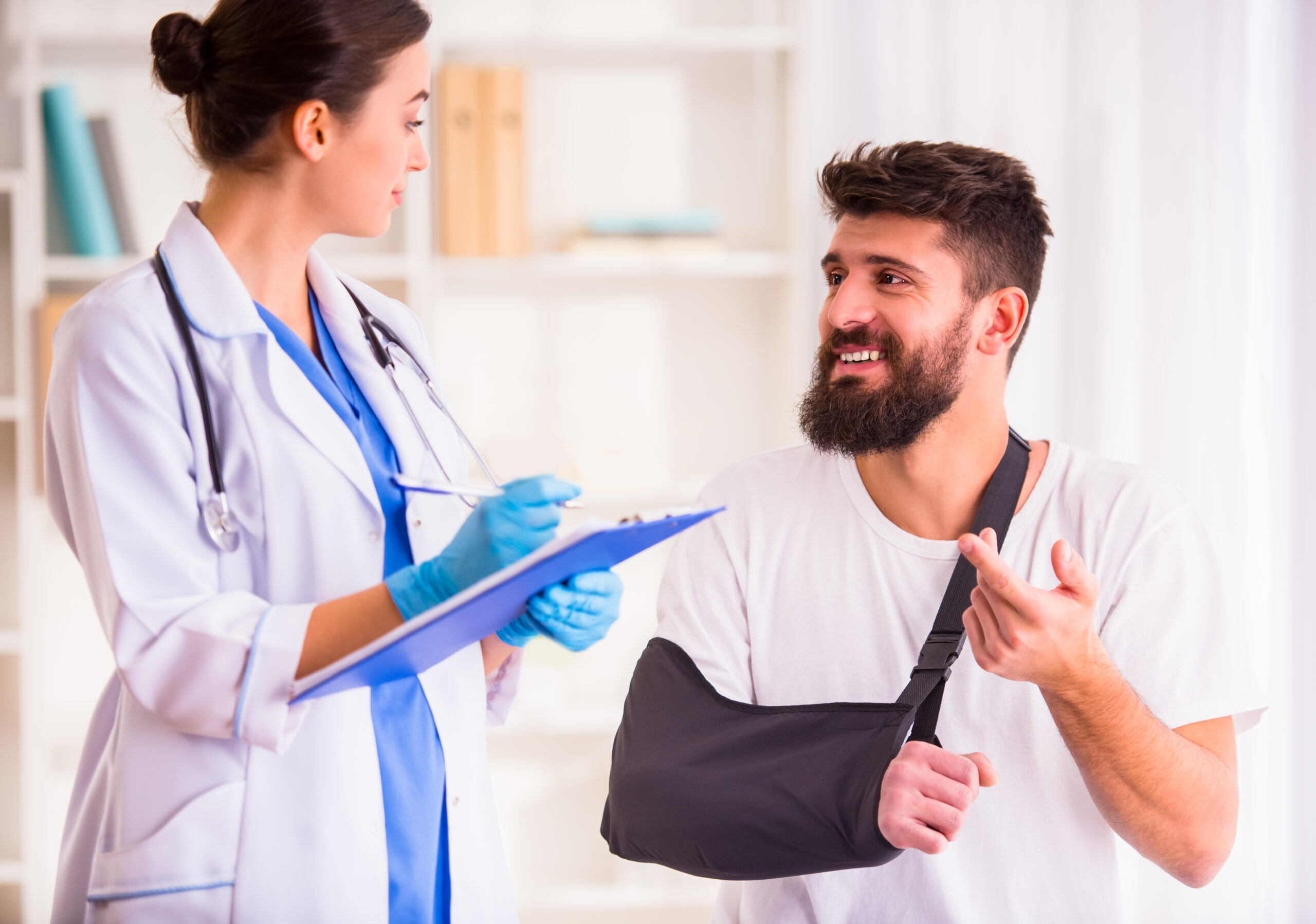
7. Seek Medical Attention
Last but not least, seek medical attention as soon as possible after a car accident—even if you don’t think you are seriously injured.
Many car accident injuries can take days or even weeks before they start showing symptoms. Under Florida law, your Personal Injury Protection (PIP) coverage must be used within 14 days of an accident.
If you wait too long to receive medical care, you will end up having to pay your medical bills out of your own pocket.
Conclusion
Navigating the aftermath of a car accident can be challenging, but with the right steps and guidance, you’ll be on the road to recovery in no time.
As an independent insurance agency in Florida, we emphasize the importance of safety first, prompt reporting of the accident to authorities and your insurance company, and thorough documentation of the incident.
At Darr Schackow Insurance, we are committed to supporting you through every step of this process, providing personalized assistance and advocating for your best interests. Stay safe on the roads, and remember, we’re here to help when you need us most.

